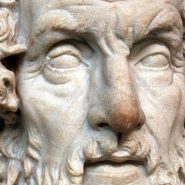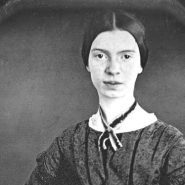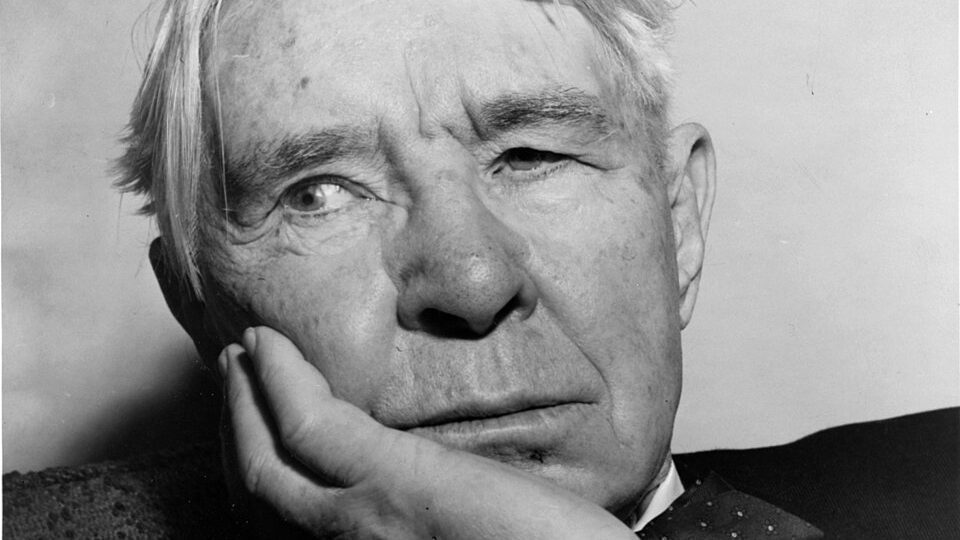Sonnet 83
Explore Shakespeare’s Sonnet 83, where silence becomes the truest form of praise. Discover its meaning, themes, and insight into art’s limitations.
Sonnet 75
Explore Shakespeare’s Sonnet 75, a vivid meditation on love, desire, and emotional hunger. Discover its meaning, themes, and poetic beauty.
Sonnet 58
Discover Shakespeare’s Sonnet 58, a haunting meditation on love, power, and waiting. Explore its meaning, themes, and emotional depth.
Sonnet 82
Explore Shakespeare’s Sonnet 82 with the full poem, summary, and in-depth analysis of its themes of truth, flattery, and artistic integrity.
What Lips My Lips Have Kissed, and Where, and Why
Edna St. Vincent Millay’s “What Lips My Lips Have Kissed” reflects on memory, loss, and the quiet ache of vanished love.
Eldorado
Edgar Allan Poe’s “Eldorado” tells of a knight’s lifelong search for a mythical city, symbolizing humanity’s eternal quest for meaning.
When I Was One-and-Twenty
A. E. Housman’s “When I Was One-and-Twenty” reflects on youth, love, and regret through simple, lyrical verse.
Sonnet 73
In “Sonnet 73,” Shakespeare reflects on aging, mortality, and the strength of love in the face of time’s decay.
Sonnet 18
Shakespeare’s “Sonnet 18” immortalizes beauty through verse, transforming fleeting love into eternal art — “So long lives this, and this gives life to thee.”
Sonnet 130
Shakespeare’s “Sonnet 130” celebrates real love through wit and honesty, rejecting the false comparisons of idealized beauty.
The Phoenix and the Turtle
Shakespeare’s The Phoenix and the Turtle mourns the mystical union of two lovers — a profound elegy on love, truth, and spiritual unity.
Venus and Adonis
Shakespeare’s Venus and Adonis retells the myth of the goddess’s doomed love for a mortal — a masterpiece of desire, beauty, and loss.


